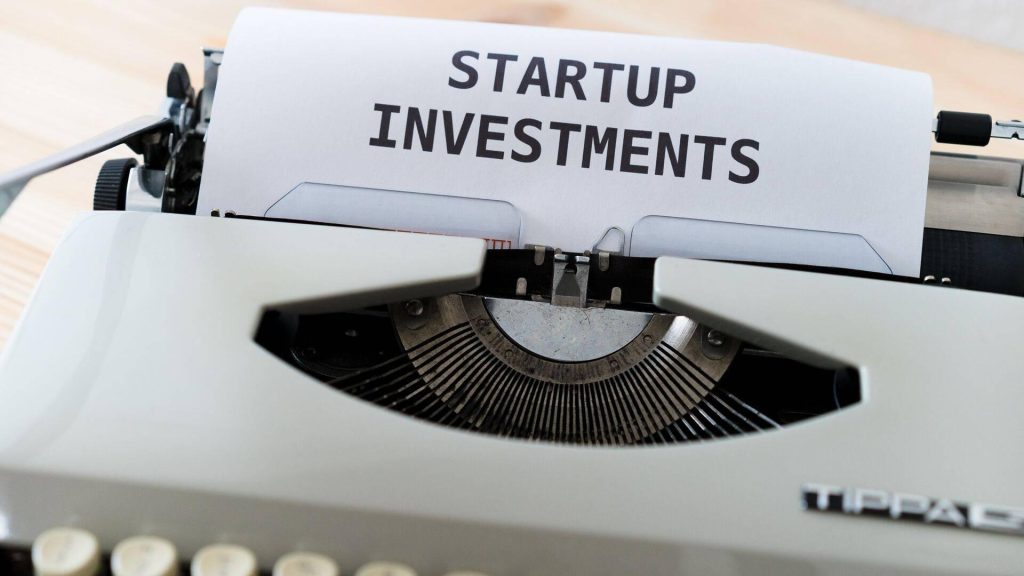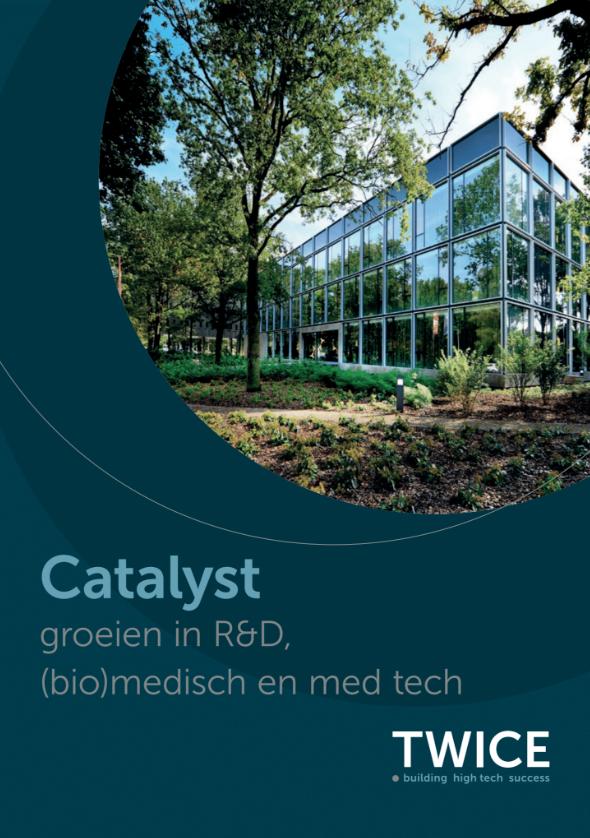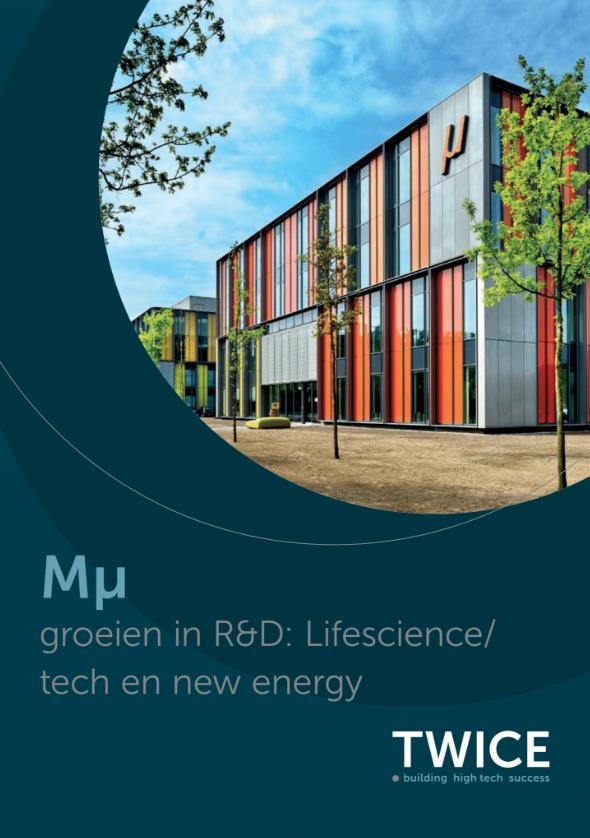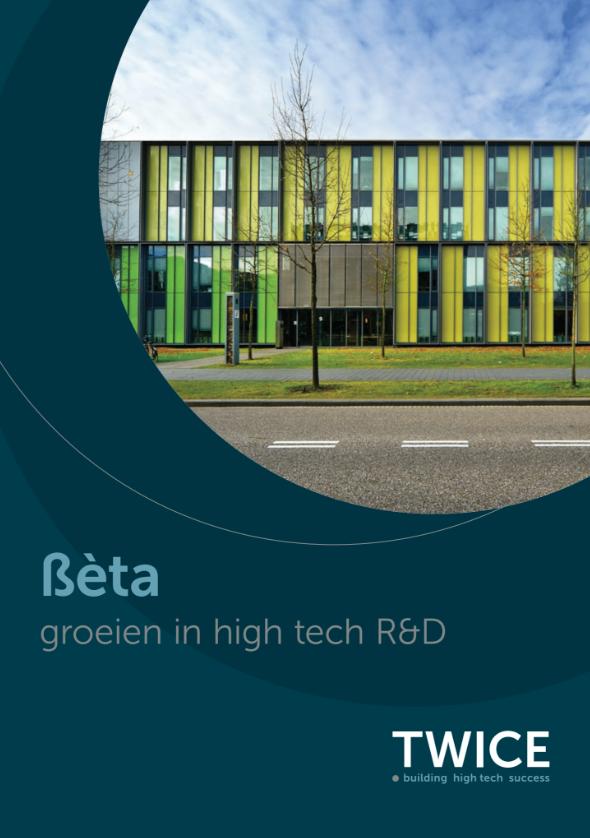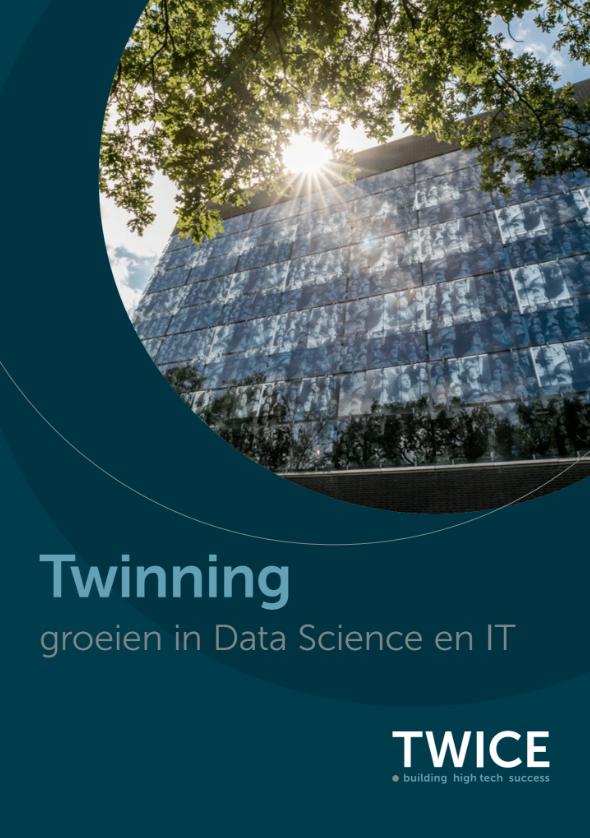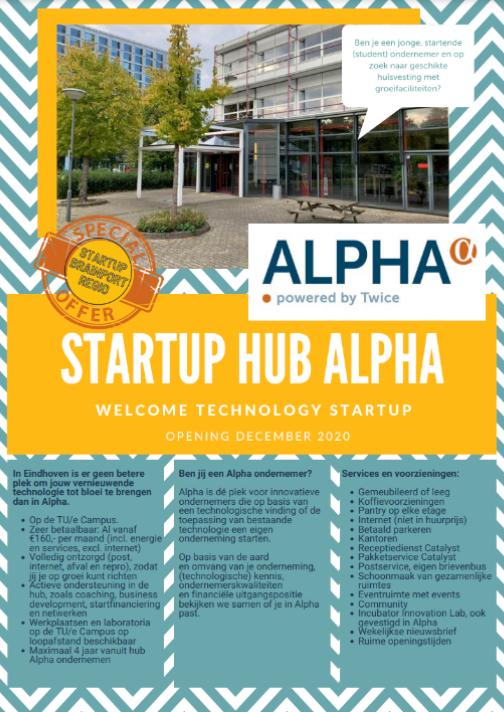Ict-vakblad Computable heeft tien nominaties uitgedeeld binnen de Computable Awards 2021 in de categorie Tech-startup. Het gaat om de volgende tech startups, verspreid over het land:
Bizcuit, Delft Circuits, Fectar, Hable One (startup hub Alpha!), Imagin.studio, Incooling (high Tech campus), Neurocast, Neurolytics, Qblox en RoomRaccoon. De winnaar wordt bekend tijdens een spectaculaire show op 2 november 2021. Goed te zien dat 2 van de genomineerden uit deze Brainport regio komen. Gefeliciteerd aan allen voor de nominatie!
Volgens Computable zijn de tien genomineerde tech-startups de afgelopen tijd vastgesteld door een vakjury, bestaande uit juryvoorzitter Artie Debidien, internationaal cio bij NN Group, Justus Hemelaar, business developer bij Open HealthHub, Sebastiaan Hooft, zelfstandig / eigenaar van Redesign, Erik Kamps, ceo bij Crossyn Automotiv (financieel vooruitzicht (investeerder)), Ruud Pieterse, chief technologist/chief architect bij DXC Technology en Kees Tolsma, business development manager bij Tech Data.
Computable ontving in deze categorie in totaal 59 voordrachten. De tien genomineerde partijen in de categorie Tech-startup zijn:
- Bizcuit – Via het Bizcuit-platform kunnen ondernemers, accountants en softwareleveranciers gebruikmaken van PSD2-betaaldiensten. De rekeninginformatiediensten en betaalinitiatiediensten van betaalinstelling Bizcuit Payments zijn beschikbaar via het platform. Softwareleveranciers kunnen de diensten eenvoudig integreren in hun software. Dit betekent dat boekhoud- en erp-pakketten eenvoudig met de bank kunnen koppelen om automatisch meerdere keren per dag banktransacties op te halen. Ook is het mogelijk om betaalfunctionaliteit toe te voegen aan een boekhoud-, erp- of salarispakket.
- Delft Circuits – Delft Circuits is een ambitieuze groep mensen, klaar om hun visie te realiseren om de weg vrij te maken voor kwantumtechnologieën, door innovatieve en relevante oplossingen te bieden voor de hardware-uitdagingen van kwantumingenieurs. Het is de missie van Delft Circuits om klanten te ondersteunen bij het realiseren van kwantumtechnologieën door middel van speciale kwantumhardware.
- Fectar – Fectar een cms-platform voor het maken van 3D-presentaties in virtual en augmented reality. Het blijkt een gat in de markt: per week krijgt het jonge bedrijf er wel honderdduizend gebruikers bij. Het Brabantse Fectar omschrijft zichzelf als ‘de Youtube van augmented en virtual reality’. Het levert een app met een contentmanagementsysteem waarmee zowel particulieren als bedrijven op laagdrempelige wijze 3D-presentaties in vr en ar kunnen maken en bekijken.
- Hable One – Hable One (hub Alpha) realiseert een revolutie in de manier waarop blinden en slechtzienden de smartphone gebruiken. De Hable One is een draadloos smartphone-toetsenbord die gebruik maakt van braille-invoer voor de allerbeste typervaring. Typ met vertrouwen op een toetsenbord dat is gebouwd voor efficiëntie, precisie en mobiliteit. Via het Hable One-toetsenbord krijg je gewoon toegang tot alle VoiceOver- of TalkBack-functies.
- Imagin.studio – Imagin.studio is een digitale designstudio die de autobranche helpt om auto’s online in alle mogelijke configuraties kan laten zien aan potentiële kopers. De startup helpt de grootste leasebedrijven en autohandelaren van de wereld bij het digitaliseren en online presenteren van hun aanbod. Imagin.studio maakt 3D-modellen van auto’s, die vervolgens vanuit alle mogelijke hoeken zijn te bekijken. De startup uit Utrecht claimt nu werelds grootste digitale auto-bibliotheek te hebben, met miljoenen hoge resolutie-afbeeldingen van zo’n beetje alle auto’s.
- Incooling – Incooling koelt chips in datacenters met behulp van technologie die is ontwikkeld bij deeltjesversneller Cern. Datacenters zouden daarmee weleens sloten energie kunnen besparen, terwijl ze tegelijkertijd de snelheid van hun chips opvoeren. Incooling houdt datacenters op een efficiënte manier koel, door niet de hele hal te ventileren of water langs servers te sturen, maar door de chips zelf af te koelen met koelvloeistof in een koelblokje dat op de chip wordt geplaatst.
- Neurocast – Neurocast is een bedrijf dat in 2017 is opgericht met als doel zoveel mogelijk relevante data over de progressie van neurologische aandoeningen te meten. De gemeten data worden gebruikt om de behandeling van individuele patiënten te verbeteren en om betere inzichten in de ontwikkeling van neurologische aandoeningen in kaart te brengen. Hiervoor ontwikkelt het bedrijf uit Amsterdam passieve meetmethodes die wetenschappelijk gevalideerd zijn. De data worden met inzet van kunstmatige intelligentie omgezet in waardevolle inzichten.
- Neurolytics – Iedereen moet een gelijkwaardige kans krijgen op zijn of haar droombaan, ongeacht leeftijd, geslacht of etniciteit. Dat vindt hr-tech-startup Neurolytics, en daarom ontwikkelt het video-assessments met behulp van ai: kandidaten of medewerkers worden geanalyseerd op onder meer stressbestendigheid, motivatie en match met het team en de organisatiecultuur. Dat helpt bedrijven om hun organisatie en teams in kaart te brengen en mensen aan te nemen die daarin goed passen.
- Qblox – Kwantumcomputers worden door hun superieure rekenkracht wereldwijd gezien als de volgende stap. Voordat deze supercomputers hun belofte waar kunnen maken, is nog een aantal cruciale ontwikkelingen nodig. Eén daarvan is het ontwikkelen van een kwalitatief en schaalbaar aansturingssysteem om honderden en op termijn zelfs duizenden qubits tegelijk aan te sturen. Het Delftse bedrijf Qblox ontwikkelt extreem schaalbare, modulaire systemen exact met dit doel.
- RoomRaccoon – RoomRaccoon is een cloudsoftwaredienst voor (kleinere) hotels. Op dit moment wordt de dienst uit Breda gebruikt door 1400 hotels in 45 landen. Zij beheren daarmee hun kamerbezetting, bieden die kamers aan via boekingplatforms zoals Booking.com, Expedia en Airbnb, laten het systeem automatisch de beste prijs per kamer berekenen en kunnen hun gasten online in laten checken. Dat laatste blijkt vooral in coronatijd een geschikte manier om contactmomenten aan de balie zoveel mogelijk te voorkomen. Zo’n digitaal contactmoment is tegelijk een upsell-mogelijkheid voor hotels die geraakt werden door de coronapandemie. Zij kunnen bijvoorbeeld voor twintig euro een grotere kamer aanbieden.
Jureringstraject
Een groep van in totaal 21 Computable-experts heeft de 59 voordrachten in de categorie Tech-startup digitaal beoordeeld. Op basis van hun cijfers is de top tien uitgenodigd voor het juryberaad dat afgelopen tijd digitaal plaatsvond. Het juryteam stond onder supervisie van de hoofdjury van de Computable Awards 2020, met daarin Artie Debidien, Stijn Grove, Bart van der Mark, Ruud Mulder en Fred Streefland.
Bij het juryberaad focuste juryvoorzitter Artie Debidien zich specifiek op volwassenheid/bestendigheid, maar in het juryteam waren nog zeven competenties vertegenwoordigd. Justus Hemelaar bekommerde zich over het business development en innovatie, Sebastiaan Hooft nam de teamontwikkeling in ogenschouw, Erik Kamps focuste zich vooral op financieel vooruitzicht vanuit een rol als investeerder, Ruud Pieterse lette specifiek op het maatschappelijk/marktbelang en Kees Tolsma beoordeelde de marktpotentie als incubator/accelerator en de productontwikkeling.
Tijdens het juryberaad kregen de kandidaten van ieder jurylid een gemiddeld eindcijfer. Dit eindcijfer werd bepaald doordat ieder jurylid een cijfer gaf voor het product op basis van probleemoplossing, concurrentie, disruptie en/of technologie, de markt op basis van omvang, onderscheidend vermogen, marketingplan, successen, marge en/of schaling en het team/de business op basis van visie, successen, tegenslagen en/of schaalbaarheid. De gemiddelden van de juryleden gezamenlijk bepaalden uiteindelijk welke tien tech-startups werden genomineerd.
Stemmen
Op 5 juli start voor de markt het stemproces voor de Computable Awards 2021. Publieksstemming bepaalt voor vijftig procent de winnaar. Ook buigen de betrokken juryleden zich over de genomineerden per categorie, een gemiddeld oordeel dat ook voor de helft de winnaar bepaalt. Op 2 november worden per categorie de winnaars aangewezen. De komende tijd maken we gedoseerd ook de andere genomineerden bekend.
Jury Tech-startup
- Artie Debidien, internationaal cio bij NN Group (juryvoorzitter en volwassenheid/bestendigheid)
- Justus Hemelaar, business developer bij Open HealthHub (business development en innovatie)
- Sebastiaan Hooft, zelfstandig / eigenaar van Redesign (teamontwikkeling)
- Erik Kamps, ceo bij Crossyn Automotiv (financieel vooruitzicht (investeerder))
- Ruud Pieterse, chief technologist/chief architect bij DXC Technology (maatschappelijk/marktbelang)
- Kees Tolsma, business development manager bij Tech Data (marktpotentie (incubator/accelerator) en productontwikkeling)
